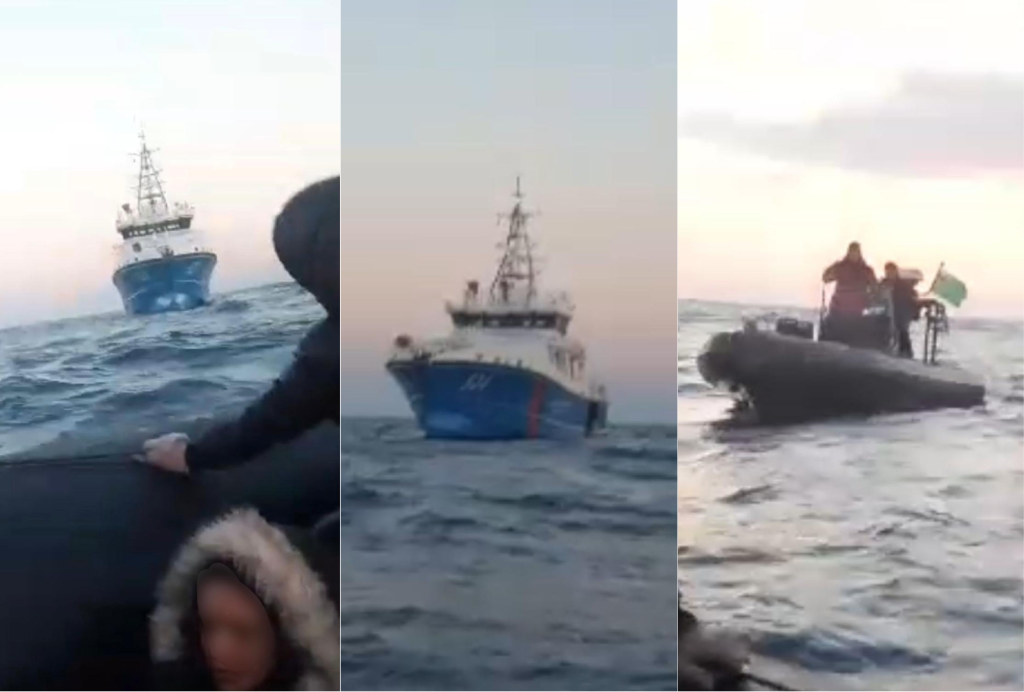
What happens when helping becomes a punishable act?
Across the European continent, a troubling trend has taken shape: humanitarian aid—once celebrated as a moral imperative—is increasingly treated as a criminal offense. While national governments and EU institutions publicly champion human rights, volunteers, journalists, and NGO workers are being prosecuted under vague and unevenly applied anti-smuggling laws. This report investigates that paradox.
At the heart of this shift lies the EU Facilitation Directive (2002), a piece of legislation that calls on member states to criminalize assistance with irregular entry or stay, but makes humanitarian exemption optional. This legal loophole, left to the discretion of individual nations, has produced a pan-European mosaic of laws where acts of compassion can be—and have been—interpreted as crimes. From Greece to Hungary, activists and aid workers have found themselves in courtrooms instead of refugee camps.
This paper presents a multi-layered analysis of how the criminalization of solidarity is taking form. It includes legal analysis, media discourse, public opinion, and in-depth case studies of individuals caught in the crackdown: Tommy Olsen, a Norwegian volunteer monitoring pushbacks; Pieter Wittenberg, a Dutch retiree arrested for helping refugees on Lesbos; and Ingeborg Beugel, a journalist convicted for housing an Afghan asylum seeker. Their stories—human and real—form the backbone of a larger political and legal narrative about how Europe treats those who stand in defense of refugee rights.
The research also critically examines the broader sociopolitical context: the rise of populist and anti-immigration sentiment across the EU, the securitization of migration discourse, and the chilling effect these legal proceedings have had on civil society. Data from 2022 and 2023 show that over 100 individuals faced legal action across Europe simply for acts of solidarity, even though most were eventually acquitted. Yet the damage—legal, psychological, and reputational—is often irreversible.
Finally, this paper evaluates the European Commission’s proposed revision of the Facilitation Directive, identifying its ongoing shortcomings, especially the absence of a mandatory humanitarian exemption. With growing pressure from civil society, the European Parliament, and legal watchdogs, the next few years will prove pivotal in determining whether Europe will continue down a path of repression or restore legal clarity and moral integrity.
This research aims not only to document but also to interrogate: What does it mean for European democracy when saving lives becomes a crime? What future lies ahead for those who refuse to look away?